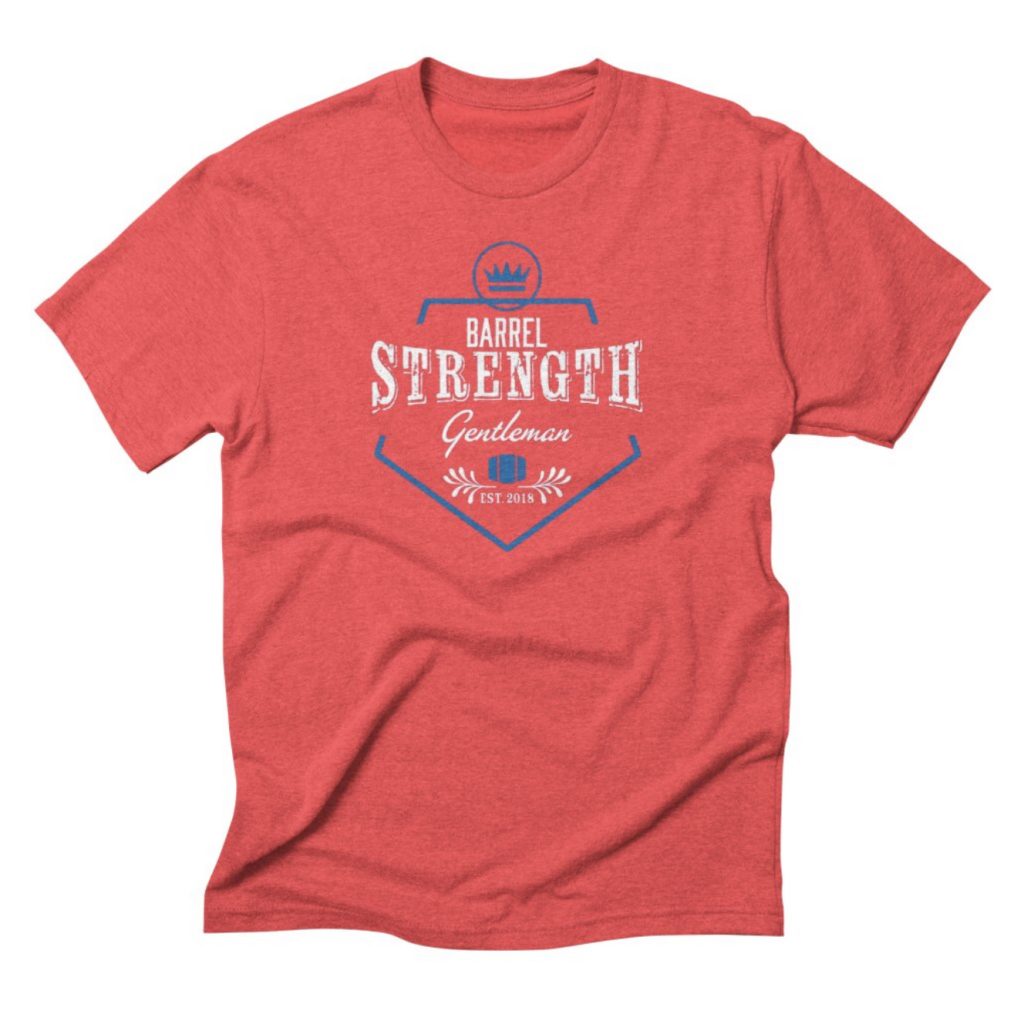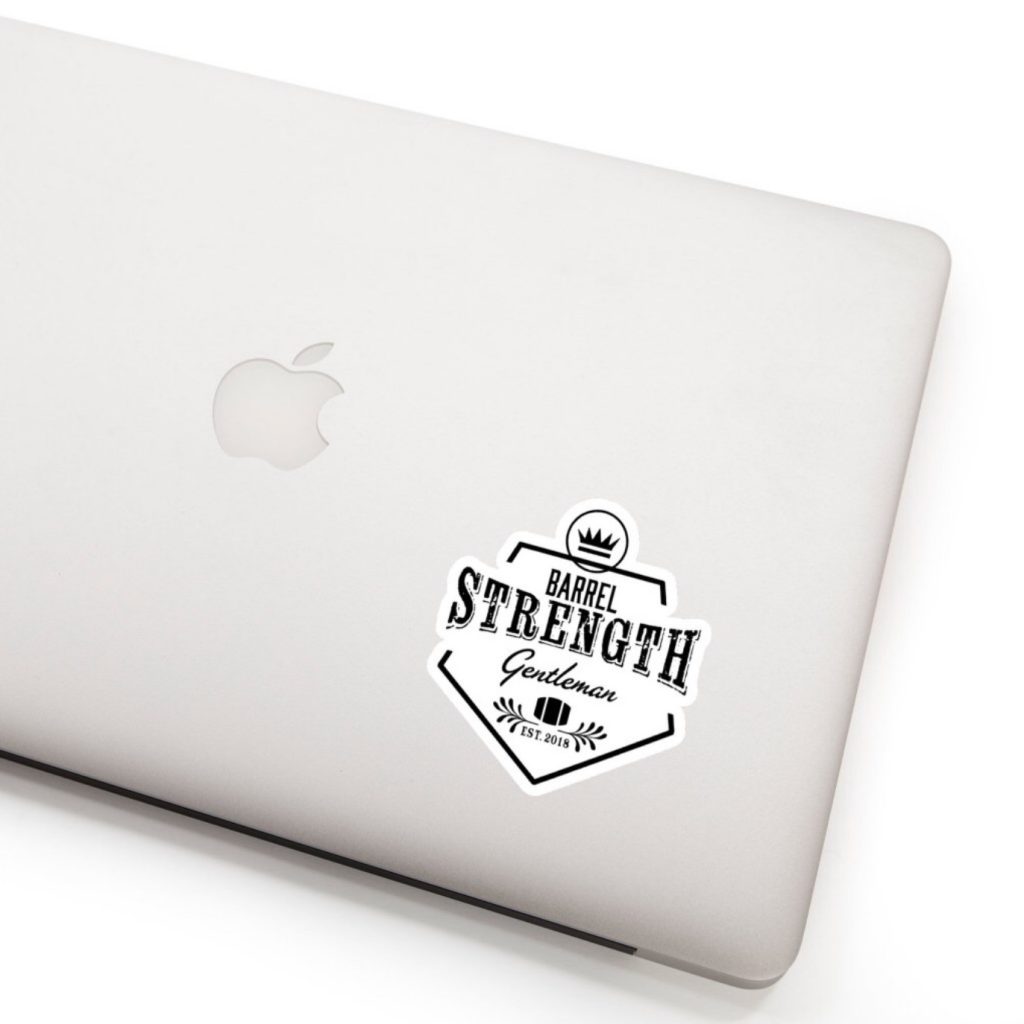There is quite a wide variety in how reviewers “score” or “judge” spirits and there are many methods used to convey a final judgment (different scales of point-based scores, letter grades, thumbs up/down/sideways, simple recommended or not, etc.). If a reviewer isn’t willing to explain their thought process in some capacity as to how they arrive at their final judgment, then they are probably not actually putting much of an effort into understanding what they are “reviewing.” Don’t get me wrong, there is a difference between casually discussing tasting notes and putting forth a quantifiable score or a final recommendation judgment. Not everyone wants to “score” or “judge” spirits when they are tasting them, and that is perfectly fine. Offering tasting notes really holds more value than anything else that may be included in a review.
As a reviewer, I started scoring on a 100-point-scale after I make my whiskey tasting notes, but that score is definitely unique to me. Different people have different preferences, so you cannot expect a 100-point whiskey reviewed by me to be a 100-point whiskey to your palate. My most preferred styles of whiskey definitely fit into the bourbon, rye and American whiskey categories. However, I enjoy many other whiskeys that are not in those categories such as Irish, Scotch and Canadian whiskeys.
With taste being so subjective, finding opinions from various reviewers before deciding to spend your own money on something unknown is a great way to potentially help you save some money, or, potentially steer you toward something you may not have picked out on your own. Once you find other people that have similar taste preferences, you are probably going to keep referring to their judgments over those from other reviewers with different preferences.
There are three main experiences that I am looking for when I review a whiskey: the nose (how does it smell in the glass), the palate (how does it taste as is passes throughout the mouth), and the finish (what is experienced after swallowing). I make note of the appearance (color and viscosity observations), but that does not ultimately help nor hurt when it comes to my final score or judgment. You should always use the actual tasting notes to get the most out of any review. But, once you know whether or not your tastes typically align with those of a specific reviewer, and you just need help making a purchasing decision, you may be more interested in the final recommendation from that person rather than the specific details in the tasting notes.
In an attempt to be as transparent as possible with my reviewing process I’ll try to shed some light on what my numerical scores mean to me as well as what specifically I am trying to convey to the reader since I started including my final recommendation judgments (buy, try, pass). Some people care nothing at all about a numerical score, so I decided I would start adding a recommendation judgment instead of just a score to help simplify my final thoughts for those that don’t want to have to decode my unique numerical score.
You can read a full explanation of my scoring criteria and final recommendation judgments below.

BSG 100-Point Criteria:
90+ points = I really enjoyed the overall experience of all three (nose, palate, finish)
80-89 points = I enjoyed at least two of the three (nose, palate, finish)
70-79 points = I enjoyed at least one of the three (nose, palate, finish)
Below 70 points = None of the three (nose, palate, finish) were all that enjoyable in varying degrees
If I drink a spirit that is offensive enough for my taste to score less than 50 points, it’s probably not worth my time to publish a full review. So, in actuality, you will really only ever be seeing a 50-point-scale in my published reviews. To get a score of 70 or higher, none of the 3 experiences (nose, palate, finish) can be a strong turn-off for me. The point ranges could be broken down even more, but for now, this seems sufficient to me to get my “point” across to the reader.
BSG Recommendation Judgments:
Buy = I would purchase a bottle to keep at home
Try = I would buy a drink at a bar, but not keep a bottle a home
Pass = I would not bother drinking again… not a good fit for my palate
Now, when you read all the way through one of my reviews and see the “BSG Score” and “BSG Recommendation” at the end, you will know where I stand. But, please don’t get hung up on the score and don’t discount the actual tasting notes! We may have completely different preferences, but that’s okay! We can learn from other people’s tasting experiences regardless.
Don’t forget to subscribe to the weekly newsletter at the bottom of the page to get notified about all new BSG posts for the week!
Check out the items available for purchase in the BSG Shop!







